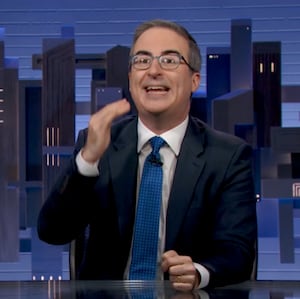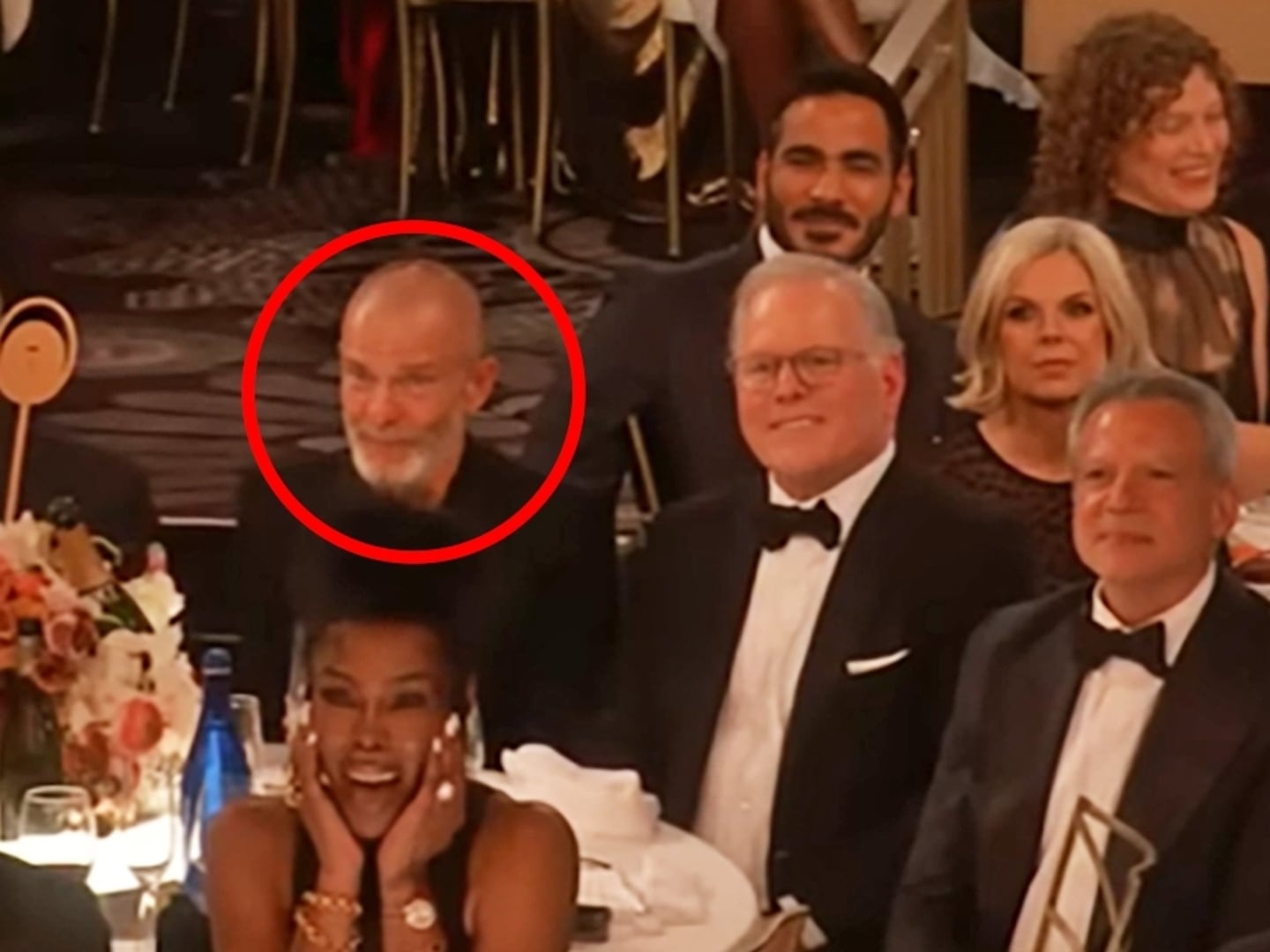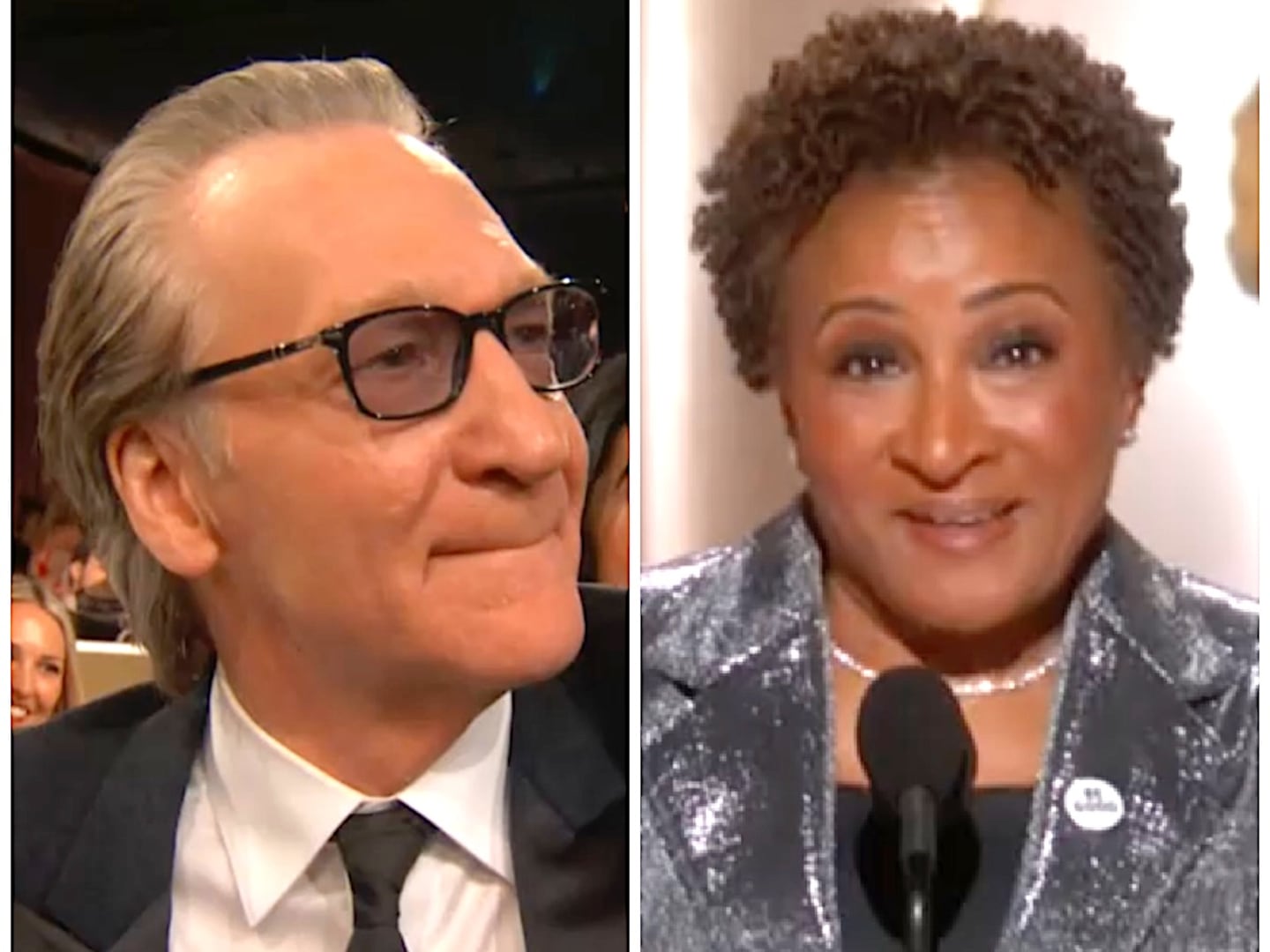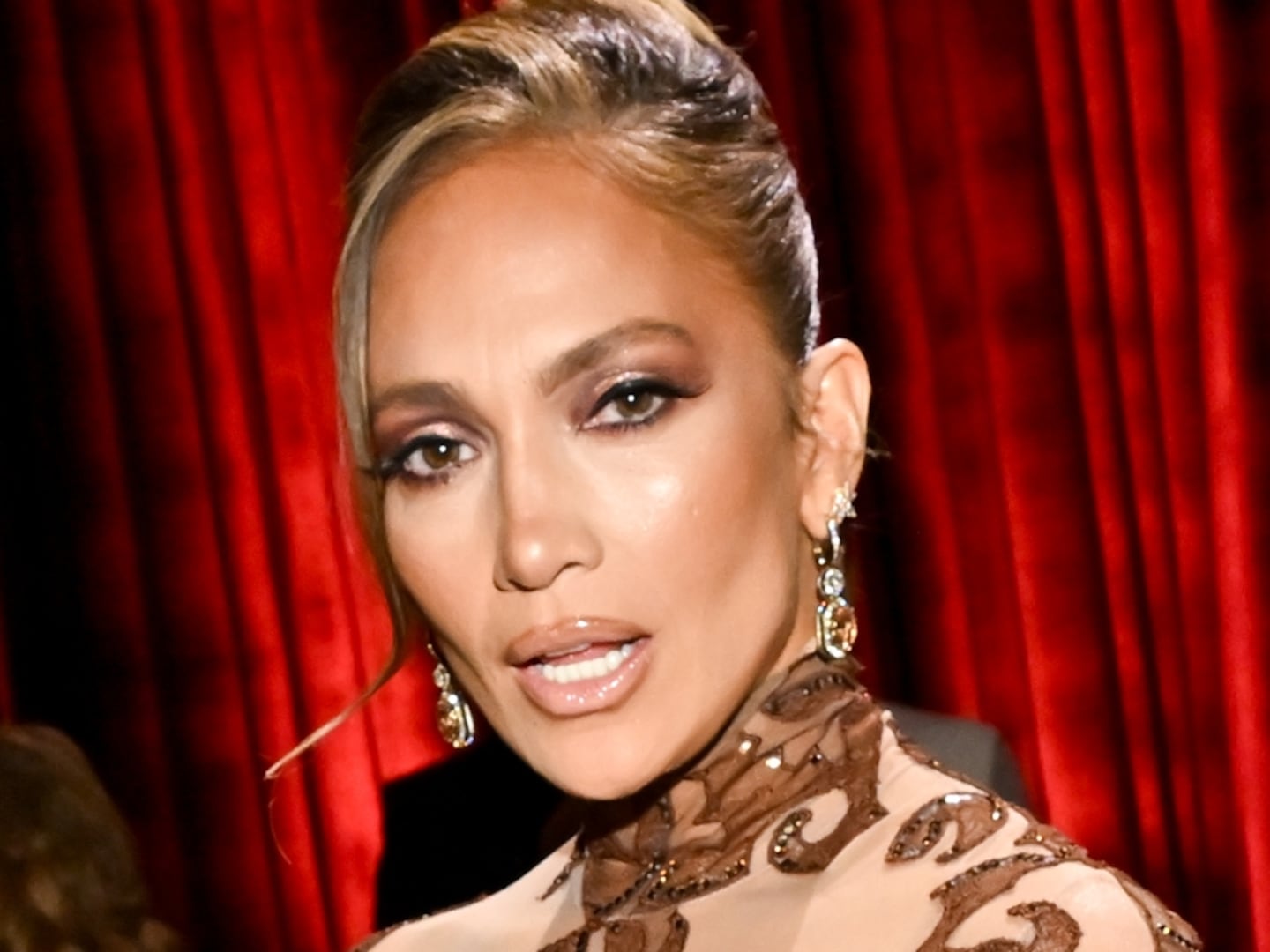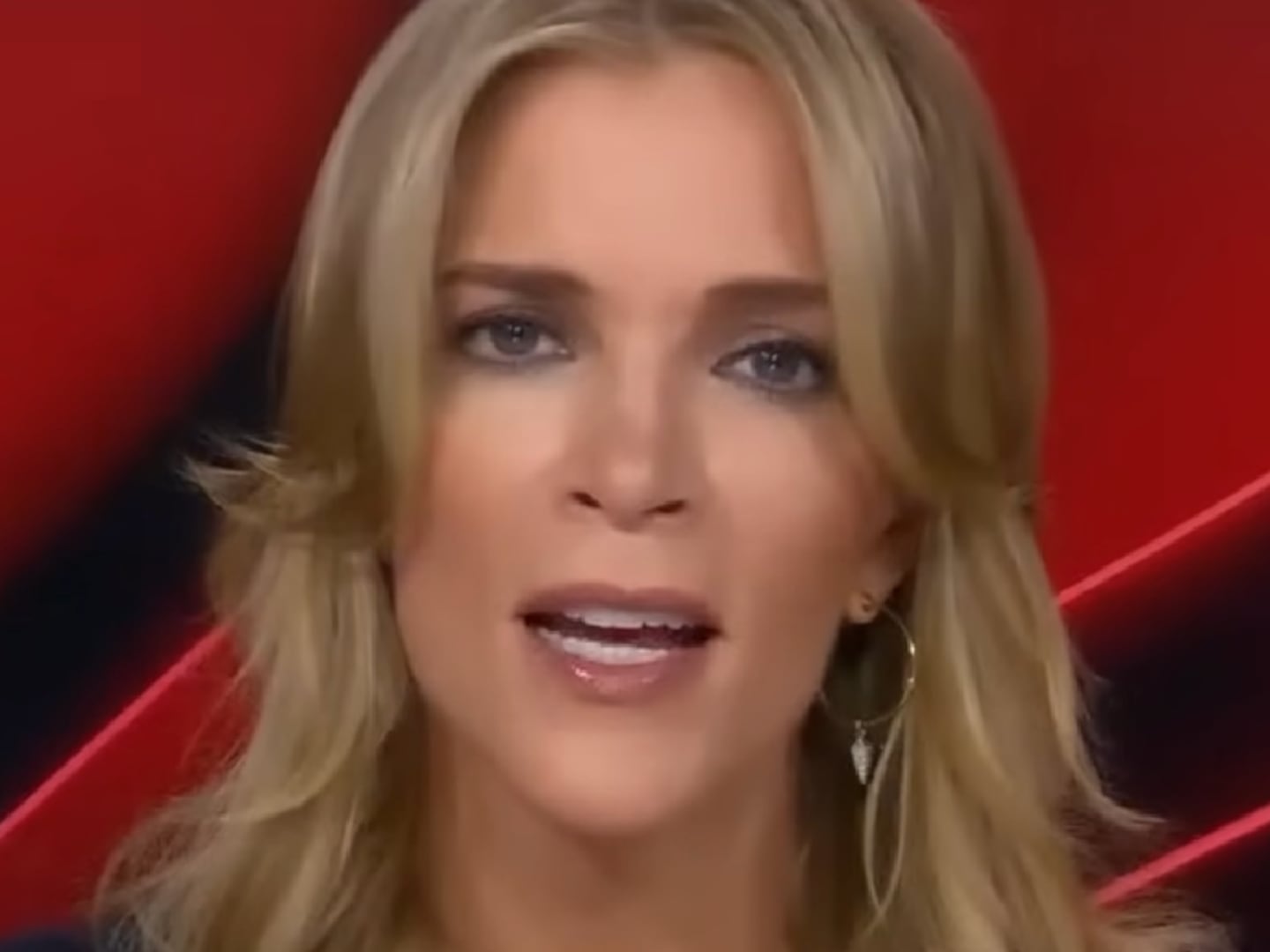I don’t want to shock anyone, but I was really into musical theater as a kid. I’ll give you a moment to process this earth-shattering information.
Being a 12-year-old boy who would stage one-man productions of Grease in his bedroom, belt “Adelaide’s Lament” from Guys and Dolls in the shower, and was off-book for years should he be asked in a pinch to step in and perform the role of Anna Leonowens in a production of The King and I, was a joyous thing.
How could it not be? Have you seen a musical? People make funny jokes, do a little dance, fall in love, and constantly burst into song in the middle of it all. What a glorious escape!
Escape is exactly what it was, too, because being a 12-year-old boy obsessed with musicals was also a very isolating thing—something repressed and kept secret. To not would mean snickering. And whispering. And the worst thing of all: not being “normal” like the other guys.
Listen, I’m not breaking any news here about what it was like to grow up not even closeted, but questioning or unsure of your sexuality in [year redacted]. This isn’t the unique, heartbreaking saga of one young man named Kevin. Millions of kids went through this, and many of us worked through it and have since thrived. We all remember that whole “It Gets Better,” I don’t know how to describe it… campaign? Movement? Delusion?
That latter description has been on my mind lately.
All these feelings and memories were dug up this week because I had a chance to watch the new Disney+ film Better Nate Than Ever, which just may be the most gay-positive and encouraging youth programming that Disney has ever released. And it is coming out at the most bizarre time.
Considering everything that’s been in the news about Disney, Florida’s “Don’t Say Gay” bill, and the disturbing escalation of unapologetically anti-LGBTQ+ rhetoric disseminated by GOP politicians, it could be argued that it’s the best time for a movie like this to come out. It’s certainly the strangest.
The film, in the most beautiful sign of progress and the greatest compliment I can give, is something I desperately wish I had when I was growing up. It’s a love letter to kids—to theater kids, and most specifically theater kids who were made to feel shy or ashamed about who they were and how they acted, and who probably, almost 100 percent of the time, grew up to be gay.
Tim Federle, who wrote and directed Better Nate Than Ever based on his Nate book series, is one of those people, even making a pitstop as a Broadway performer on his way to making TV and movies. (He’s also behind the popular—and similarly queer-accepting—High School Musical: The Musical: The Series.)
Nate (Rueby Wood) is a 13-year-old suburban kid who lives and breathes musicals; it’s barely minutes into the film that the 2004 Tony Awards battle between Avenue Q and Wicked is referenced, while he describes his mom’s relationship to his aunt as having “antagonistic Glinda vs. Elphaba in Act One energy.”
He is devastated when he doesn’t land the lead role in his school’s production of Lincoln: The Unauthorized Rock Musical. To cheer him up, his best friend, Aria Brooks’ Libby, plans a runaway bus trip for the two of them to New York City, where an open call audition is happening for a new Lilo & Stitch production.
Hijinks ensue, as they do when 13-year-olds with no chaperones run loose through New York. In this case, many of them are daydream sequences involving large-scale musical production numbers. They run into Nate’s aunt, a struggling actress played by Lisa Kudrow who has been ostracized by her family because of her pursuit of a career on stage. In spite of the odds, Nate’s auditions actually go well, and for one clear reason: He finally feels free to be himself and embrace all the parts of him that make him special. It turns out, those things he used to quiet are exactly what make him great.
He auditions with a monologue that Dixie Carter delivers in an episode of Designing Women. I have never felt more represented on screen.
There are hints that Nate is likely going to realize he is gay one day, which is obvious to everyone, though that label is never articulated. Not everyone at age 13 is capable of processing or understanding that about themselves; I certainly was not. But it is a film about how cool that could be for him. It is a film about following your dreams, finding your tribe, and learning that there are people out there who will be ecstatic to love you for who you are, as you are. It is a film about the gorgeous, unbreakable bond between a gay boy and his single aunt.

Joshua Bassett as Anthony and Lisa Kudrow as Heidi in Better Nate Than Ever
DisneyThat Better Nate Than Ever is targeted at a youth demographic should make this a watershed moment for Disney. After all, it’s not that long ago that it was rumored the company shuffled Love, Victor to Hulu from Disney+ over concerns that its themes weren’t going to fly with all Disney-loving families. So how then to square this with everything else going on?
The disappointing revelation that Disney had backed the Florida representatives who voted for the “Don’t Say Gay” bill—read more about its viciousness here—and initially chose not to condemn it surfaced a slew of upsetting news and facts about the company. Pixar employees claimed that displays of queer affection were cut by corporate executives. Reminders abounded that there still hasn’t been a lead LGBTQ+ character in a studio theatrical release. Its awkward embrace of Pride was brought up again.
This week, as the controversial bill was officially signed into law, the company released a statement contradicting its initial remarks, which said that the company shouldn’t weigh in on politics and, laughably, speak with its content instead. The new statement said the law “should never have passed” and that its goal as a company is “for this law to be repealed.”
That’s… nice? The sentiment, though about several weeks and hundreds of thousands of dollars in donations too late, is appreciated. But you can’t save a child who is going to be subjected to irreparable harm because of this legislation with some sentiment. At the moment, it is about as valuable as me sending out a tweet saying I vow that the conflict in Ukraine must end.
Federle was asked about all of this. It’s a near-impossible position to be in: a creator behind something that represents such progress on a platform where that progress is legitimately meaningful, but for a company whose actions hinder that progress and meaning.
“In my several years with the company now, I was heartened to see we won the GLAAD award, we had the first-ever same gender kiss. And what I wanted to bring to this was a slightly younger POV of a middle-schooler discovering. For me, who didn’t grow up with a movie like this, I know this movie would have made me feel seen and a lot less alone,” he told Variety.
“Ultimately, good representation does not cancel out bad legislation. And what I’m hopeful for is that these first steps Disney’s taking now are only the first steps towards making the world a truly safer and more inclusive space.”
I certainly don’t have answers to any of this, other than to be so gleefully heartened and moved that Better Nate Than Ever exists, and still so horrified and angry over Disney’s involvement in this legislation passing.
We’re all never going to stop consuming Disney projects or watching Disney+. Cynical as that may be, at least there’s Better Nate Than Ever to make us feel hopeful again.

